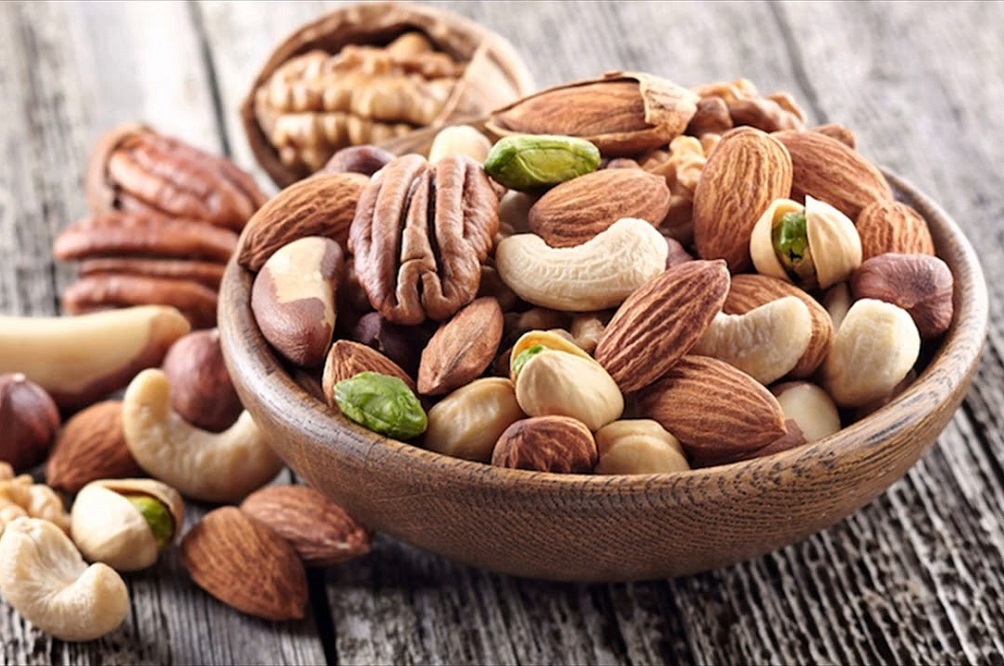Chromium is not an essential trace element for the body. However, it has many useful properties in the treatment and prevention of cardiovascular disease and diabetes, and in the fight against obesity. A real slimming asset, chromium plays an important role in the regulation of the blood glucose. However, it is important to be aware of their characteristics to avoid overdosing, which can have harmful consequences for health.

Chrome description
Chromium, represented by the symbol Cr in the periodic table of elements, exists in various chemical forms, including trivalent chromium (Cr3+), which is best represented in foods.
Although its benefits for the body have yet to be scientifically demonstrated, it is recognized as playing an important role in regulating blood sugar and insulin levels. Chromium is also involved in the metabolism of lipidsand facilitates several enzymatic reactions in the body.

Recommended nutritional intake
Nutritional references differ from country to country. For France, the AFSSA (Agence française de sécurité sanitaire des aliments) has established the following nutritional recommendations for chromium:
- Adult man: 65 µg/day
- Adult woman: 55 µg/day
- Adolescent 13 to 19 years: 50 µg/day
- Children aged 10 to 12: 45 µg/day
- Children aged 7 to 9: 40 µg/day
- Children aged 4 to 6: 35 µg/day
- Children 1 to 3 years: 25 µg/day
These nutritional references are given for information only. Studies are still lacking to confirm the essentiality of chromium in the body, and the setting of nutritional intakes is still a matter of debate. However, in 2001, the North American Institute of Medicine (IOM) set daily chromium recommendations at around half the French figure:
This content is part of the guide Blooness, the guide to the ideal human diet, the summary of which you can find here 🌱🥑
- Adult men under 50: 35 µg/day
- Adult women under 50: 25 µg/day
- Adolescents aged 14 to 18: 35 µg/day

Dietary sources of chromium
Brewer's yeast is the reference source of chromium. But it is also found in large quantities in liver, mushrooms, egg yolks, nuts, vegetables and fruit. spicesseafood, nuts and black tea. On the other hand, refined products contain very little chromium.
| Feed | Chromium content (µg) per 100 g of feed |
| Dried garlic | 60 |
| Broccoli | 18,3 |
| Grape juice | 3,3 |
| Meat from beef | 2,4 |
| Turkey breast | 2,4 |
| Mashed potatoes | 2 |
| Green bean | 1,6 |
| Banana | 1 |
| Orange juice | 0,8 |
| Apple | 0,7 |
Therapeutic use of chromium
Chromium is a trace element that plays a role in the metabolism of carbohydrates and lipids. It is often indicated in the treatment and prevention of diabetes, cardiovascular disease and overweight. This trace element is also recommended to facilitate physical effort.
Present in many dietary supplements, chromium is indicated in two specific cases:
- Obesity, in combination with herbs, physical activity and dietary measures.
- A tendency to diabetes with elevated blood sugar levels, whether or not treated with basic medication.

What about chromium supplements?
Chromium deficiencies and overdoses are rare. Absorption of dietary chromium is very low, favored by the vitamin B3 found in offal and poultry, for example, vitamin C and amino acids; on the other hand, it is reduced by the absorption of large quantities of zinc, iron, magnesium and calcium.
During the menopause or pre-menopause, the observation of abdominal fat or significant overweight in a woman can be linked to a chromium deficiency. This is also the case for people who are insulin-resistant and tend to accumulate fat. fats.
While chromium itself doesn't make you lose weight, it does increase lean body mass, i.e. muscle mass. Thanks to this trace element, the body burns more calories to keep the heart beating, hormones secreted and body temperature at 37°C.

For some women, supplementation at a rate of 25 µg per day is favourable, to reach the 60 to 65 µg recommended in France. However, taking high levels of preventive supplementation to stay slim has no effect on young, healthy women. To ensure that you ingest the right amount of chromium, you should read labels carefully and, of course, consult your doctor.
Next chapter: the selenium.
Previous chapter: iodine.
New: Blooness Accelerated Programs
For quick results if you are looking for
lose fat permanently,
maintain stable energy levels throughout the day,
and prevent chronic diseases.
Immediate access to the Premium Guide + all current and future programs
Limited founding rate – will soon increase to €97

